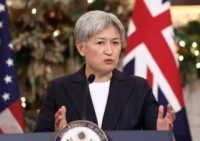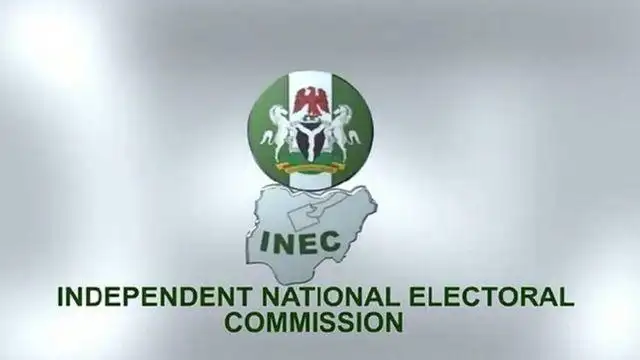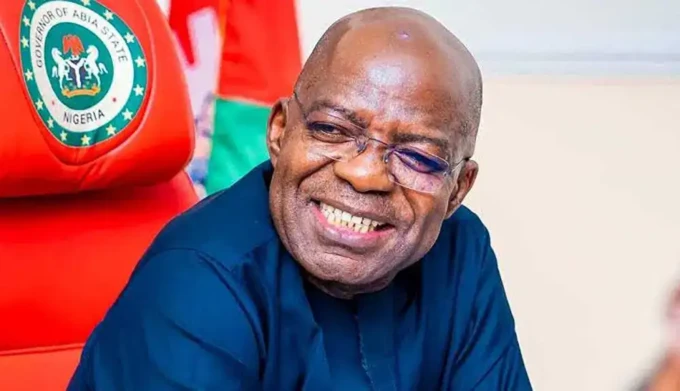After one and a half years in power, the Tinubu administration has yet to appoint principal representatives abroad, with the cited reason being economic constraints. However, with ongoing economic reforms, the time is now apt to leverage diplomacy as a tool for economic revitalization.
The challenge of adequately funding Nigerian diplomatic missions is longstanding, dating back to the 1970s. Efforts to rationalize diplomatic representation by reducing the number of missions have been made under various administrations, including those of Babangida and Obasanjo. These efforts involved closing some missions to manage costs, but the problem has persisted due to the strategic, political, and cultural implications of such closures.
Caribbean and South America: Closing missions here is complex. For instance, in the Caribbean, Cuba, Jamaica, and Trinidad and Tobago are retained for strategic cultural and racial reasons, while Venezuela remains crucial due to OPEC membership. In South America, missions in Brazil and Argentina are essential, and Venezuela’s inclusion in this group makes further reduction impractical.
North America: The U.S. requires significant representation due to the large Nigerian diaspora and economic ties, with missions in Washington D.C., New York, and consulates in Atlanta and San Francisco (now closed). In Canada, Ottawa’s mission is vital for Commonwealth relations, with considerations for new consulates in Alberta or British Columbia due to the growing Nigerian population.
Europe: Here, historical trading relationships justify maintaining missions in major countries like the UK, Germany, France, Italy, and Russia. Ukraine is important for grain imports, and the EU mission in Belgium serves multiple purposes. Economically, missions in the Netherlands remain due to Shell’s historical involvement and the World Court’s presence.
Middle East and Asia: Missions in Japan, India, South Korea, Saudi Arabia, Iraq, and Iran are necessary, but those in less strategic countries can potentially be reduced or covered regionally.
Africa: Rationalization is most feasible here. With missions in South Africa, consolidating representation in Southern Africa by covering Botswana and Mozambique from Zambia or Zimbabwe could be considered. In West Africa, all ECOWAS missions should remain, but others like Mauritania could be reconsidered based on their ECOWAS status.
The argument for appointing ambassadors is tied to economic diplomacy, where missions should actively attract investment, aid, and support. Missions should not merely be administrative but actively engage in economic activities, cultural exchanges, and joint ventures that benefit Nigeria. The absence of ambassadors in an interim capacity undermines this potential, as ambassadors serve as key advisors to the President on foreign policy, which is crucial for national strategy.
The economic justification for maintaining diplomatic missions lies in their potential to generate revenue through consular services, cultural exchanges, and fostering business opportunities. With a strategic approach, Nigeria could fund a well-curated diplomatic presence globally with around half a billion dollars, expecting a return in foreign direct investment, technical assistance, and trade.
Therefore, it’s recommended that President Tinubu appoint ambassadors promptly to maximize these diplomatic and economic opportunities, ensuring Nigeria does not project an image of being economically or diplomatically diminished.












Why rush to appoint ambassadors when there are pressing domestic issues? Focus on local recovery first!
I disagree, focus on domestic issues first before appointing ambassadors. Economy needs stability, not just diplomatic relations.
I think appointing ambassadors could boost international relations and aid economic recovery. Tinubu should prioritize this!
I disagree, focusing on domestic recovery should come before appointing ambassadors. Lets prioritize our own backyard first!
I disagree, Tinubu needs to focus on domestic issues first before appointing ambassadors. Economy comes first!
Why rush to appoint ambassadors when domestic issues need urgent attention? Lets focus on fixing home first.
I disagree with the urgency for Tinubu to appoint ambassadors. Lets focus on domestic issues first before going international.
I believe appointing ambassadors is crucial for Nigerias global presence, but shouldnt we focus on domestic issues first?
I believe Tinubu should prioritize appointing ambassadors to strengthen international relations. Its crucial for economic recovery and global cooperation.